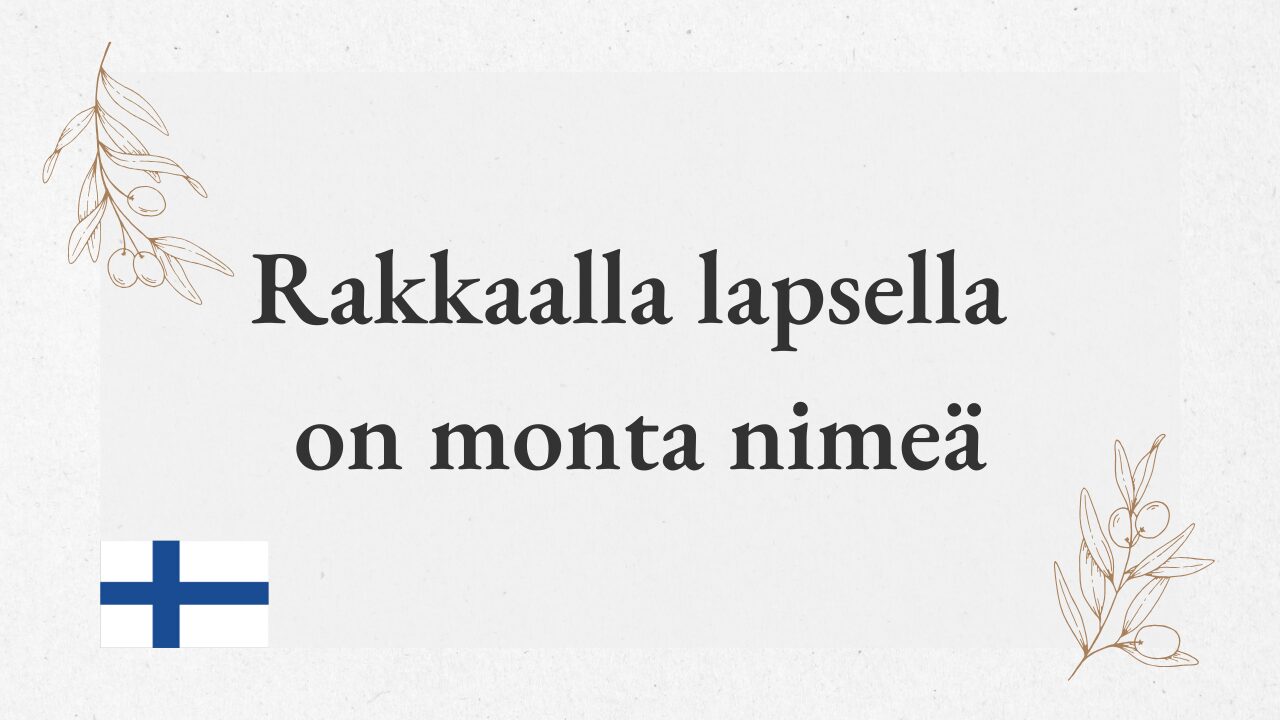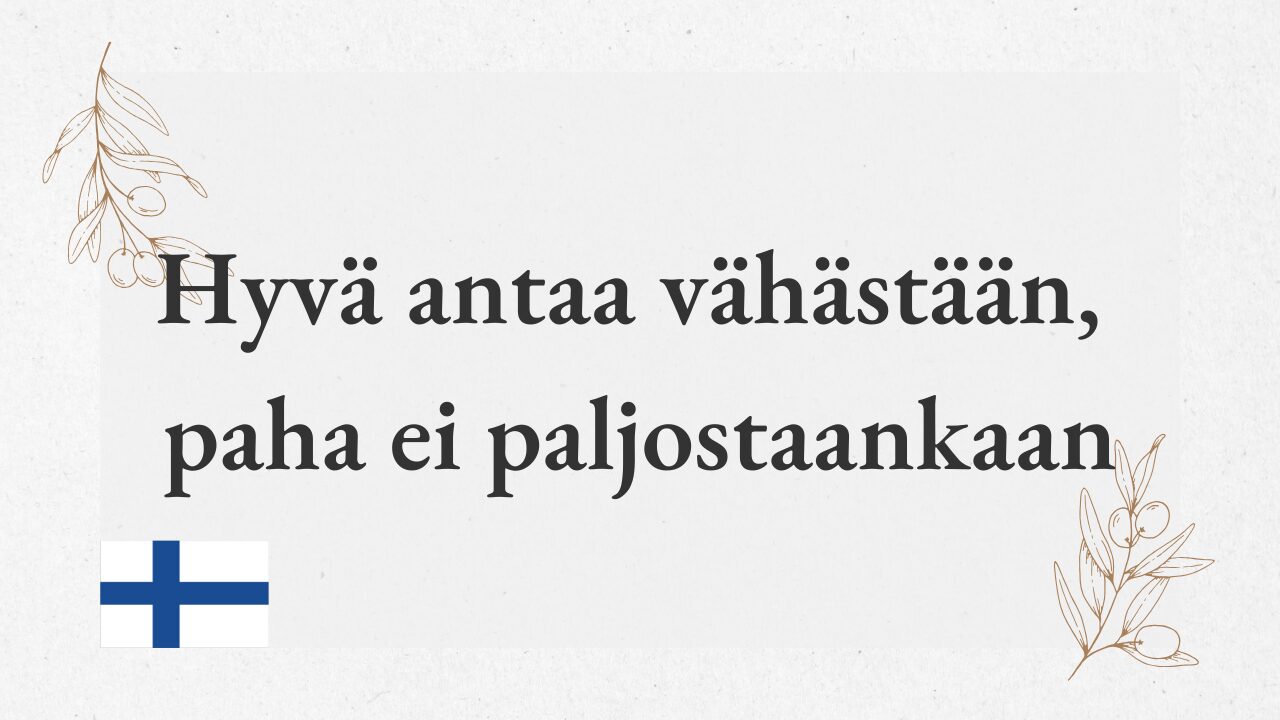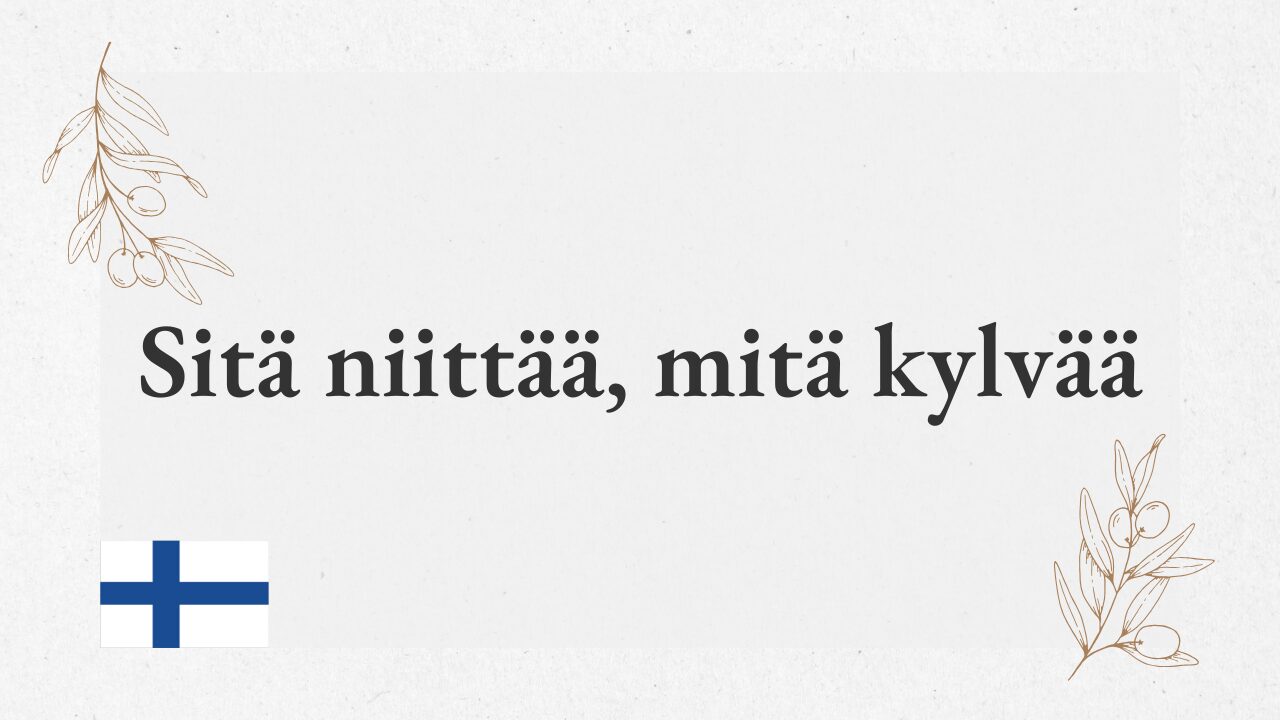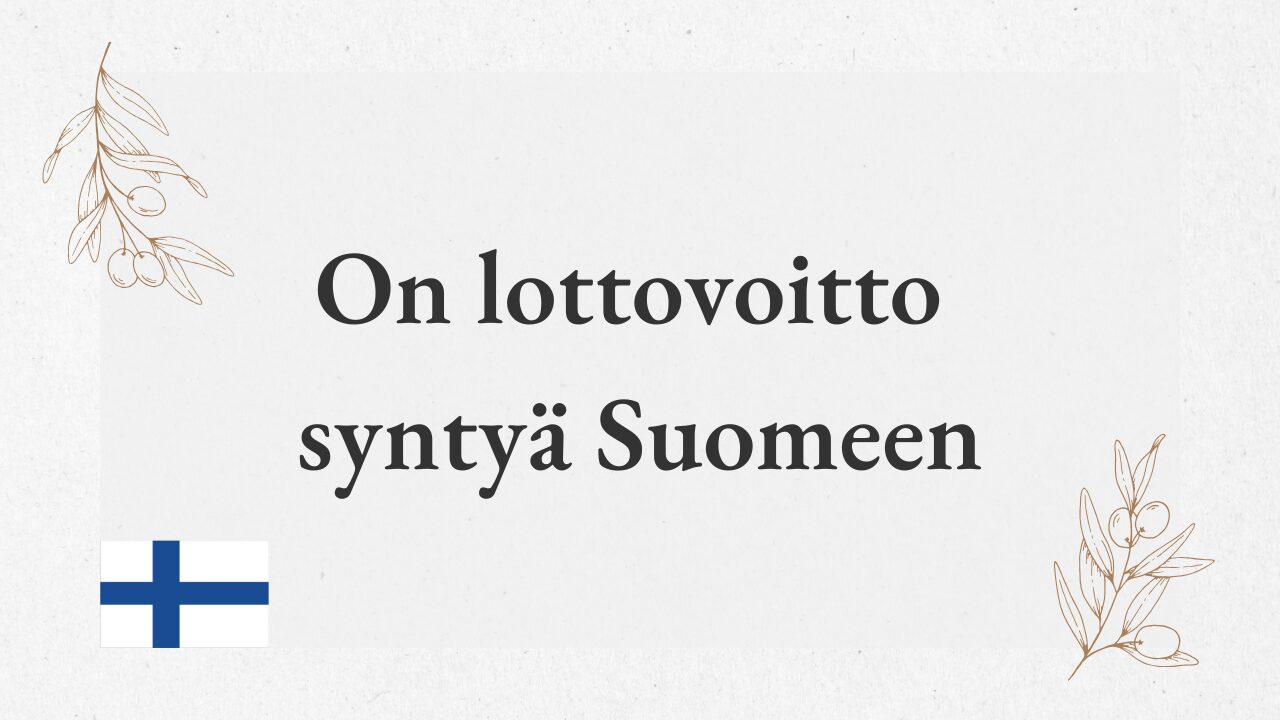“Joka toiselle kuoppaa kaivaa, itse siihen lankeaa” – He who digs a pit for others falls into it himself
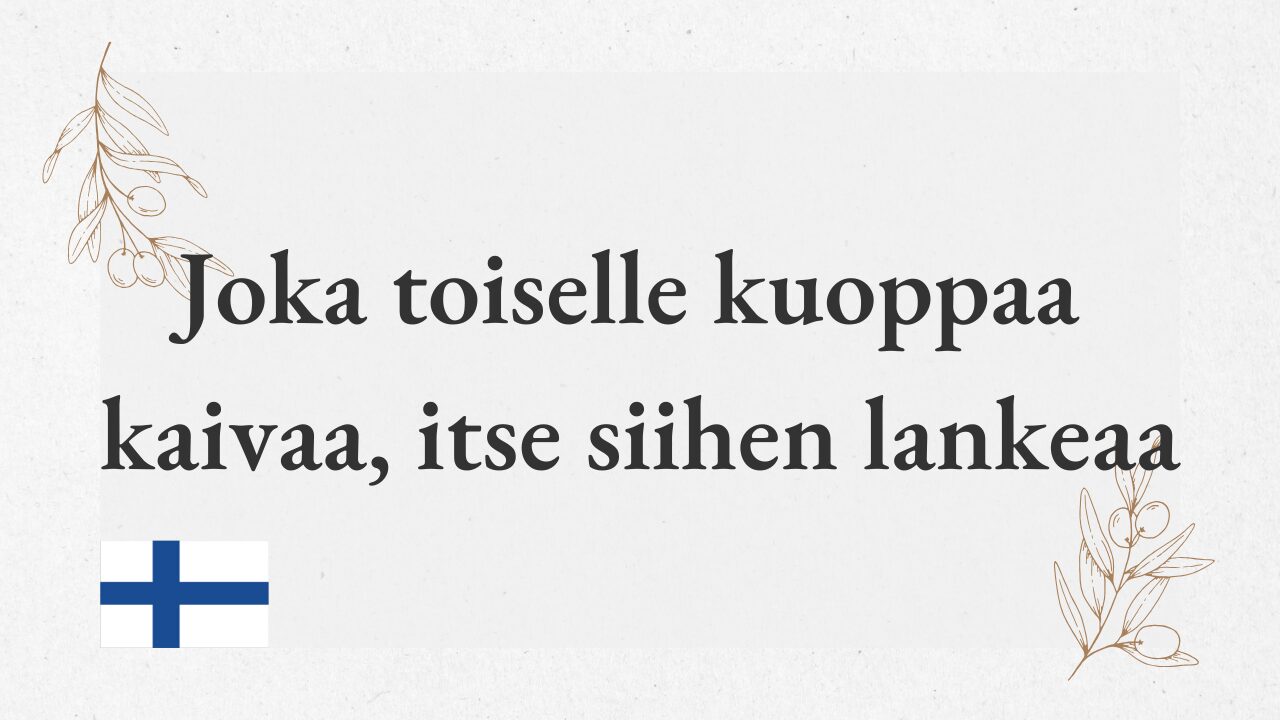
Meaning
“Joka toiselle kuoppaa kaivaa, itse siihen lankeaa” (joka toiselle kuoppaa kaivaa, itse siihen lankeaa) is a Finnish proverb that literally translates to “He who digs a pit for others falls into it himself.” This proverb conveys the lesson that those who try to harm or set a trap for others will eventually face the consequences themselves.
This Finnish proverb is very similar to the Japanese saying “He who curses others digs two graves.” Both proverbs serve as a warning that malicious or dishonest actions against others will inevitably come back to the perpetrator. Similarly, the English expressions “What goes around, comes around” and “You reap what you sow” convey the same meaning.
Origin
This proverb is closely tied to the cultural background of Finns living in harmony with nature. In Finland’s harsh natural environment, using traps or pits for hunting was common. From this, it became a widely understood fact that setting traps for others was a dangerous act, deeply rooted in daily life.
Moreover, in Finnish society, honesty and fairness are highly valued. Acts of betrayal or harm towards others are strongly condemned, which reinforces the moral lesson embedded in this proverb: those who act with malice will ultimately face the consequences of their own actions.
Usage
This proverb is used to admonish those who act with dishonesty or malice towards others. It is particularly relevant when someone intentionally tries to place others in a disadvantageous position, serving as a warning that their actions will ultimately backfire.
In business and interpersonal relationships, this proverb is often used to caution against dishonest or unfair actions that could negatively affect others.
Conclusion
“Joka toiselle kuoppaa kaivaa, itse siihen lankeaa” is a Finnish proverb meaning “He who digs a pit for others falls into it himself.”
It conveys the lesson that attempts to harm others or act dishonestly will eventually result in harm to oneself.

